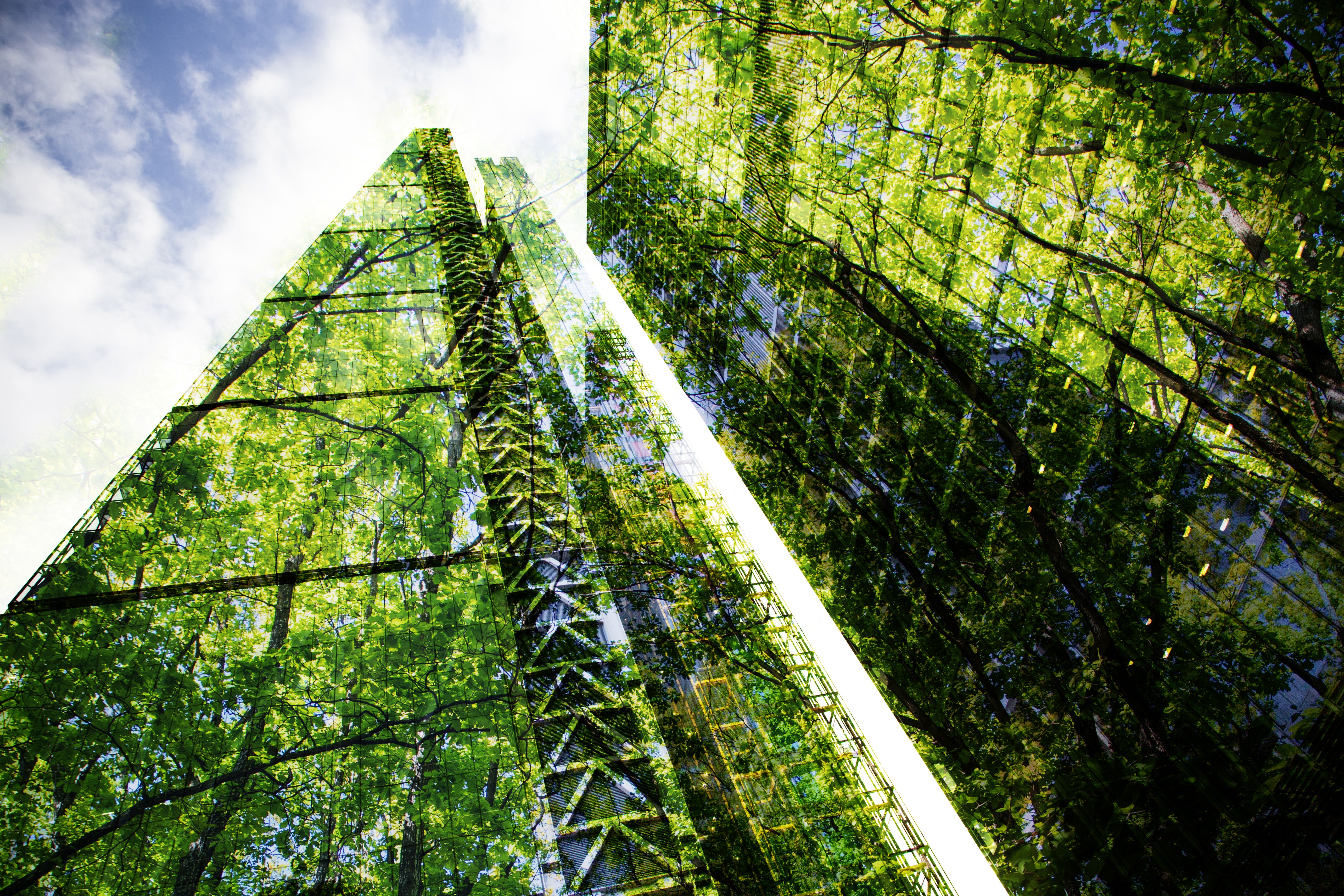Recycling Technology in the Middle East: From Sorting Robots to Waste-to-Energy
Why Technology is Becoming Essential
Traditional recycling systems in the GCC have often relied on manual sorting, fragmented collection, and limited processing capacity. These methods are increasingly unable to keep pace with the scale and complexity of today’s waste streams. Construction debris, plastics, electronic waste, and municipal solid waste all demand specialized handling to recover value and reduce landfill dependency.
Technology is filling this gap. From artificial intelligence (AI) that can distinguish between different types of plastics on a conveyor belt, to chemical recycling that breaks down complex polymers into raw feedstock, innovations are making recycling faster, more cost-effective, and scalable. In parallel, waste-to-energy (WtE) facilities are emerging as critical infrastructure, especially in urban centers where land is scarce and landfill space is under pressure.
AI and Robotics: Smarter Sorting for Complex Waste Streams
One of the most transformative developments in recycling is the integration of AI and robotics in material recovery facilities. These systems use machine vision, sensors, and advanced algorithms to identify and separate materials with remarkable precision. Instead of relying on manual labor to sort plastics, paper, metals, and glass, robotic arms guided by AI can achieve higher recovery rates in less time.
In Saudi Arabia, pilot projects are underway to test AI-based sorting in new facilities, while the UAE has already implemented robotic systems in select recycling plants. For a region that generates millions of tonnes of plastic waste annually, the ability to improve sorting accuracy is a game changer, increasing both the volume and quality of recyclable materials that can re-enter the supply chain.
Chemical Recycling: Closing the Loop on Plastics
While mechanical recycling has dominated in the past, chemical recycling is emerging as a complementary solution for plastics that are difficult to process conventionally, such as multi-layer packaging or contaminated streams. This process breaks plastics down to their molecular components, creating feedstock that can be used to make new, high-quality products.
Global players are beginning to partner with Middle Eastern companies to explore chemical recycling plants, particularly in Saudi Arabia and the UAE where industrial ecosystems and petrochemical expertise create a natural fit. For the GCC, chemical recycling represents not only a sustainability solution but also an opportunity to extend the value of hydrocarbons beyond energy and into advanced circular materials.
Waste-to-Energy: Turning Waste into Power
The Middle East is also making headlines with some of the world’s largest waste-to-energy facilities. Dubai’s plant, which is now operational, is designed to process 1.9 million tonnes of waste annually, generating enough power for 135,000 homes. Riyadh has its own WtE projects in development, aligned with Saudi Vision 2030’s goals to reduce landfill use and diversify the energy mix.
While WtE is sometimes debated globally due to emissions concerns, in the GCC context it provides a strategic solution. Land is scarce, waste volumes are high, and renewable energy targets are ambitious. Modern WtE plants in the region are adopting best-in-class emissions controls, ensuring that power generation from waste complements recycling efforts without undermining environmental goals.
Digital Platforms and Data-Driven Recycling
Alongside physical technologies, digital innovation is reshaping recycling systems. Smart bins equipped with sensors, data-driven logistics platforms, and blockchain-enabled traceability tools are being deployed to make collection and processing more efficient. These solutions address a long-standing challenge in the region: the fragmentation of waste streams and the difficulty of tracking materials from source to recycling facility.
By using digital tools, municipalities and companies can optimize collection routes, reduce contamination rates, and provide transparent reporting, all essential for meeting regulatory requirements and investor expectations on ESG performance.
A Region Ready for Transformation
The GCC’s recycling sector is at a turning point. The combination of government mandates, private investment, and cutting-edge technologies is driving a wave of transformation that would have been unthinkable a decade ago. Recycling is no longer viewed as a cost center but as a growth market, powered by innovation and aligned with national visions for sustainability.
For investors, technology providers, and local industries, the opportunity is clear. The Middle East is not just catching up to global recycling trends, it is positioning itself to lead in select areas, from waste-to-energy to AI-enabled sorting. The pace of change is accelerating, and those who act now will help shape the future of recycling across the region.



)
)
)
)
)
)
)
)